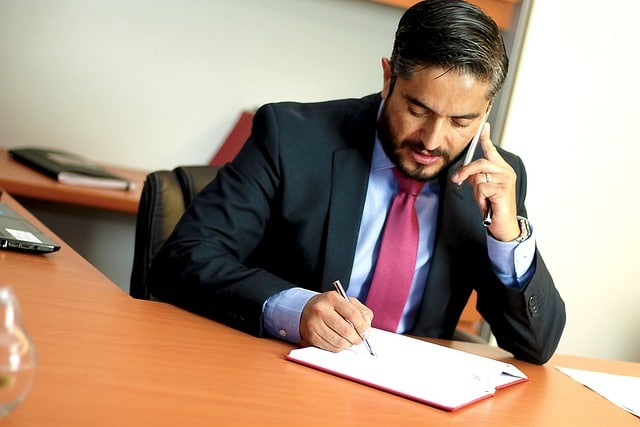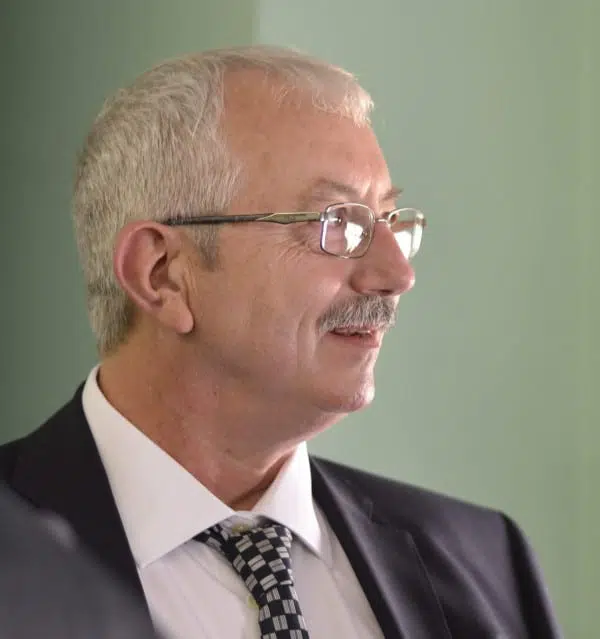The executor and its importance in the succession of the Family Business
La Family business is the main asset in most successions and thanks to the figure of the executor, problems and conflicts that generate not only loss of value in the company itself, but also in the hereditary patrimony can be avoided. The figure of the executor, properly regulated, helps to optimize the lying inheritance, especially since the fiscal point of view and all the contingencies that may arise until the partition is accepted and produced.
In all successions in which there is business patrimony, the time that exists between the death of the deceased and the subsequent acceptance of the inheritance by his successors, is open to contingencies, during this transitory time, the assets that correspond to the Family Business and that are part of the inheritance do not have an owner.
This situation of indeterminacy of ownership leads to a complicated legal situation. In other words, nobody is the owner and nobody can play this role either and in theory the management of the Family Business is on hold. In that time interval there is a patrimonial parenthesis. When this lapse occurs and due to the current changing environment, it may give rise to some management decisions that, due to their relevance, should not be delayed with the primary objective of avoiding deterioration or loss of value of the company's assets or loss of assets.
These contingencies can be extended even after having accepted the inheritance, while it remains in the hereditary community, due to the problems between possible heirs that this situation sometimes entails.
The legal function of the executor is to enforce the will expressed by the testator in the succession instrument, although the executor is not per se a hereditary administrator is granted the following powers:
-
Pay the suffrages and the funeral of the testator
-
Pay the legacies with the approval of the heirs
-
Supervise the execution of the rest of the will
-
Defend the validity of the will in court
-
Take the pertinent precautions for the conservation and care of the assets with the intervention of the heirs
In addition, to carry out dispositive acts, the executor has limited powers, only for specific purposes (payment of bequests and funeral expenses), but when it comes to real estate, the intervention and consent of the heirs is necessary, a fact that in practice , usually makes it very difficult to sell them.
When the executor is appointed, he is also granted the position of accountant-partitioner. In this way, his legal powers are expanded and the testator grants much more power to the executor to fulfill his order.
Although the theoretical differences that are established between the universal executor and the individual (the first has many more powers than the second), the figure of the universal executor has hardly any positive legal regulation and therefore it is not recommended in the will to resort to employment of generic formulas. What would be convenient would be the establishment of an express regulation that is as complete as possible based on the needs that may occur from the business, family and patrimonial context.
A problem that frequently arises in practice would be the following: Faced with a commercial company, the executor has the legitimacy to represent the shares or social participations of the recumbent inheritance that does not have legal personality and is a patrimony without a title holder at the moment. The executor may execute the acts necessary to preserve the position of the partner. For example, make pending disbursements or respond to non-personal obligations. Although not being a hereditary administrator, it is not up to the executor to make decisions through the exercise of the political rights associated with the shares or social participations. In other words, it could happen that the company did not recognize him or one of its partners questioned his legitimacy to attend and vote at the company's general meetings.
It is appropriate, according to the circumstances outlined, that the deceased in his will grants the executor the exercise of the political rights of the partner and that in some cases has the power to dispose of the shares or social participations. All these issues of essential importance can be regulated and limited in the will. The purpose is for the executor to make appropriate use of these powers and always in accordance with the will of the testator. For this reason, the testator must entrust the executorship to a person he trusts, of proven integrity and with sufficient knowledge and capacity to exercise his delicate function, especially when the heirs, creditors, etc. may raise conflicts of interest.
From this point of view, it is recommended that the testator study the peculiarities and the problems of the Family Business and analyze the family circumstances and the situations that could arise. The will must clearly establish all the contingencies and the complementary guidelines and mechanisms to which the executor must adapt in his way of proceeding and that empower him sufficiently to execute them.
We must also note that even if the inheritance has been accepted and therefore the shares or shares belong to the successors in hereditary community, it is necessary to establish a prior agreement between all stakeholders. That is to say, also in this situation it is advisable to endow the executor with the representative and acting powers.
The problem of managing the financial heritage that is part of the inheritance may frequently arise. The executor does not have the power or capacity to make changes in the benefits or mobilize rights. Something that undoubtedly leads to multiple problems. For this reason, it is advisable to provide the figure of the executor with the relevant powers. Although it happens exactly the same as in the previous case, since to avoid the risk that these acts would be left to the free will of the executor, it is advisable that once all the powers that he has in the will have been granted, the testator establishes and regulates according to the patrimonial and family characteristics, all the premises and the mechanisms that the executor has to carry out these acts.
Another aspect to take into account are the powers of the executor in the Family Business over real estate assets. The powers of alienation of real estate are usually contemplated in the law only for certain cases. Therefore, it is advisable that the testator authorizes the executor so that he can dispose of the real estate, although it should always be taken into account that it would be doubtful that the testator could completely eliminate the authorization of the heirs that some laws require for acts of disposition. of real estate held by the executor.
It must also expressly authorize the executor to enter into, renew, or terminate lease contracts or any other type of contract on those assets, therefore, taking into account the composition of the deceased's assets, it is recommended that the executor's will recognize the precise powers for such actions.
Finally, it should be noted that it must always be taken into account, both for acts of disposition and for those of administration, that what is advisable, due to the importance they have, is that the testator be the one who determines the premises and the guidelines of action by which The executor must rule in the Family Business.




